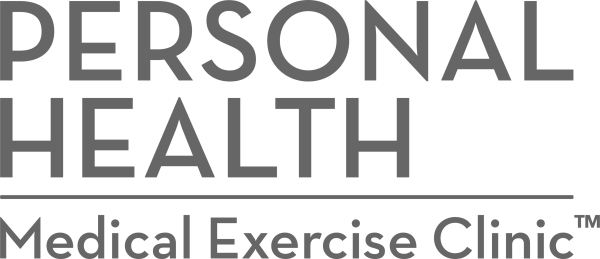Cardiovascular Disease

Cardiovascular disease requires accurate medical management, but equally accurate lifestyle management.
I find that many patients lose confidence around appropriate exercise dosage and exertion levels.
The Exercise Medicine programme in Personal Health provides a crucial and clinical offering in this regard.
The cardiovascular system, consisting of the heart and blood vessels, faces numerous challenges, including endocarditis, rheumatic heart disease, and irregularities in the conduction system. Cardiovascular disease (CVD) includes coronary artery disease (CAD), cerebrovascular disease (CVD), peripheral artery disease (PAD), and aortic atherosclerosis. Early recognition and prevention, along with lifestyle modifications, can significantly reduce cardiovascular risk factors.
Physical activity is crucial for reducing CAD risk, with at least 150 minutes of moderate-intensity activities per week and over 75 minutes of vigorous-intensity activities per week. Moving from being totally sedentary to an activity level of approximately 72.2 minutes per week—a little over 10 minutes per day, also improves cardiorespiratory fitness.
The World Health Organization (WHO) suggests that moderate-intensity physical activity (PA) can significantly reduce cardiovascular disease (CVD) risk. Adherence to current guidelines can reduce all-cause mortality rates by 20-30%.
Physical activity improves systolic blood pressure, angina symptoms, and exercise tolerance in patients without re-vascularization and improves the quality of life for those with re-vascularization. Resistance training also improves cardiac autonomic control in diseased individuals. However, only current physical activity is protective – sports participation in youth does not provide protection in later life unless activity is maintained.

